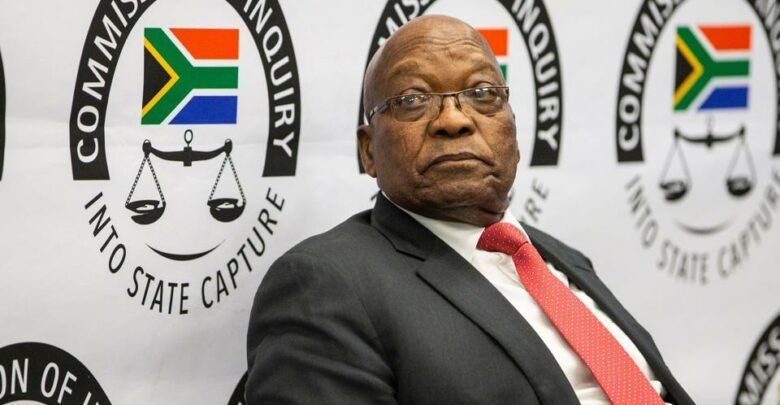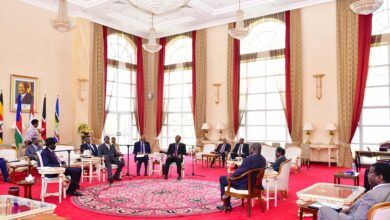World
Zondo Commission Adjourns Jacob Zuma’s Testimony

The Zondo commission adjourned a public inquiry into state corruption until Friday after lawyers for former president Jacob Zuma accused the commission of questioning him unfairly, reported News24.
The inquiry is looking into allegations that Zuma allowed for the exploitation of state resources and influence senior appointments during his nine years in power. The former President’s relationship with the Gupta family has been central to allegations of state capture emerging from the inquiry.
The proceeding was adjourned to allow for Zuma’s legal team and that of the commission to come to an agreement on how to proceed.
“The former president has expressed certain concerns,” Zondo said. “It has been decided that we should adjourn the proceedings for the day, and we should not sit tomorrow in order to give a full opportunity to the commission’s legal team and the former president’s legal team … to see whether a way can be found in which his (Zuma’s) concerns are addressed.”
Zuma’s lawyers have accused the state capture commission of inquiry of asking him questions with an intention to attack his credibility.
The lawyers told Zondo that the former president, who has been testifying since Monday, had been brought to the inquiry under false pretenses. They argue that the former president should not be cross-examined on the basis of evidence provided by other witnesses as those evidence does not directly implicate him in corruption and fraud. The 77-year-old has long denied any wrongdoing.
“Chair I hear you, and I appreciate what you’re saying, but I’m really being cross-examined very thoroughly on the details,” Zuma told the chairman of the inquiry, deputy chief justice Raymond Zondo. “And I don’t know how come.”
During the inquiry since Monday, Zuma has said he is a victim of a decades-old plot by enemies at home and abroad to get rid of him. He said he could not recall details of an incident where his business friends, the Guptas, allegedly offered a former lawmaker a ministerial position. He also denied interfering in the appointment of a chief executive at transport and infrastructure company Transnet.






